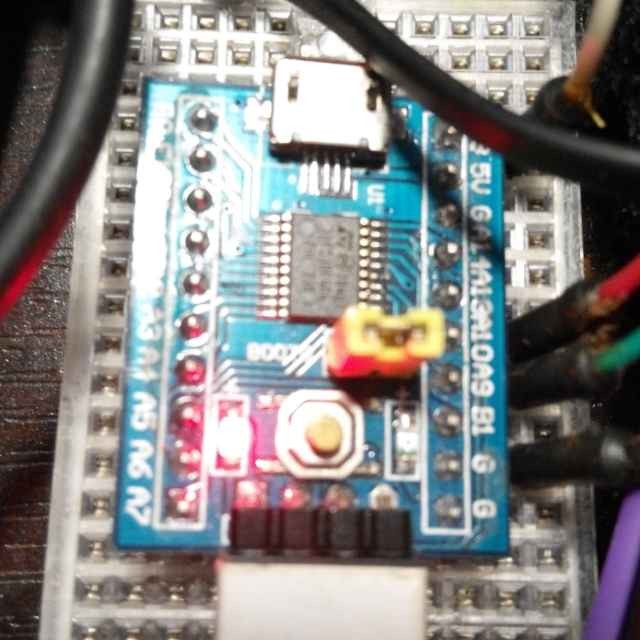Software has a problem.
OK, it has many problems. I’ve already highlighted one of them. But this is another important one.
The problem is that software—all software, with no exceptions—sucks. The reason for this is multifaceted and we could spend years and years arguing about who has the larger list of reasons, but in the end it boils down to the proverbial shoemaker’s children: Our development tools are the worst of the worst in software.
This is mainly software for hardware and driver development. Yes, it sucks. The routing software and proprietary tooling from all the IC manufacturers suck, too.
It doesn’t surprise me the author bought stuff for thousands of monetary units and it was still shit.
Weirdly enough, I found that the Open Source variants of said software (e.g. KiCad or the PlatformIO IDE) are way easier to use and more stable than their commercial counterparts.
If the author spent the same amount of money on FOSS tooling, it would be better for them and everyone else.
F/OSS is not the panacea its advocates claim it to be. I mentioned collecting bizarre compiler bugs. GCC has a huge presence in my collection.
And this ignores the fact that F/OSS often has no presence whatsoever in entire industry swathes. F/OSS, for the most part, with some exceptions, lags behind the technology curve when it comes to bleeding-edge tech. This is sometimes the fault of vendor shenanigans (I’m looking at you here, Altera and Xylinx), but often it’s just the problem of a very specific problem domain with very few eyes willing to work on it as a hobby.
often it’s just the problem of a very specific problem domain with very few eyes willing to work on it as a hobby.
Why do people always confuse FOSS with hobbyist software? There’s lots of commercial FOSS out there, some even with a sane ecosystem.
For example, the PlatformIO IDE is part of a larger, commercial ecosystem. Open Source allows a code and architecture audit before spending a single cent.


